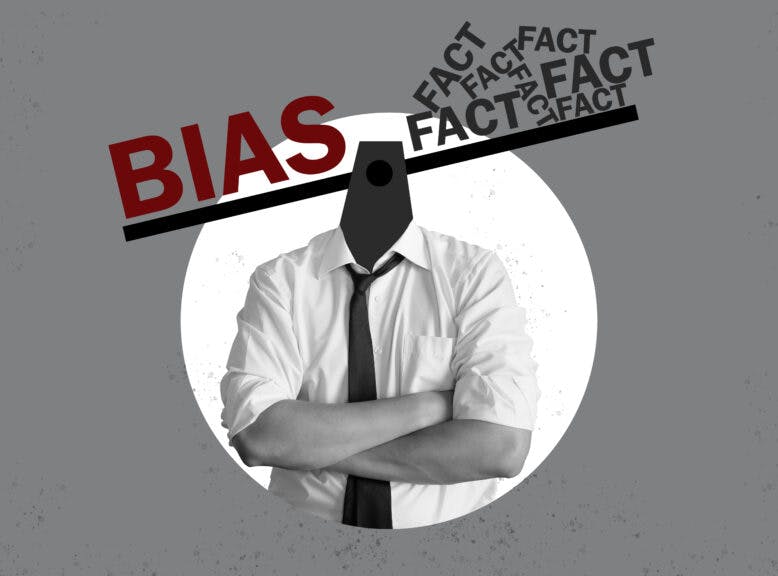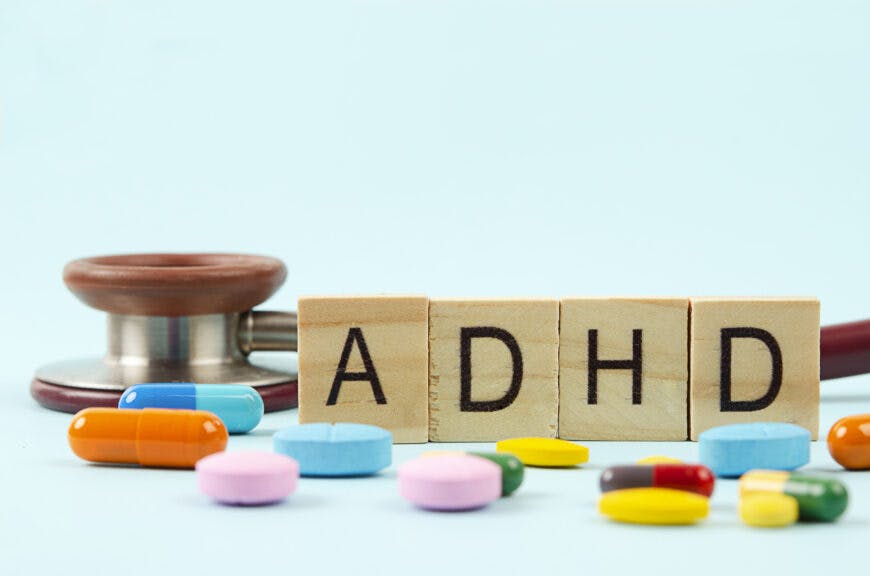Attorney General Pam Bondi announces a lawsuit against Maine for defying President Donald Trump’s transgender athlete ban. A new report exposes glaring bias in media coverage of two illegal immigrants. And, new studies have thrown into doubt everything we thought we knew about ADHD.
It’s Thursday, April 17, and this is the news you need to know to start your day. If you’d rather listen to your news, today’s edition of the Morning Wire podcast can be heard below:

(Photo by Win McNamee/Getty Images)
Topline: After a months-long standoff, the Department of Justice has filed a civil lawsuit against Maine’s Department of Education over its transgender sports policies.
The suit says that Maine is “openly and defiantly flouting federal anti-discrimination law” by allowing males to compete in girls’ sports. It says girls are being displaced from podiums, losing opportunities for advancement to regional and national competitions, and missing out on critical visibility for college scholarships and recognition.
In a press conference, Attorney General Pam Bondi said that Maine officials, notably Democratic Governor Janet Mills, forced their hand. “We don’t want to be suing people, we want them to comply with the law, and that’s what we’re doing. We have given [every] opportunity over and over again. The Department of Education, HHS, they went and sat down with them in person, multiple meetings, and got nowhere.”
Minnesota and California have also apparently been put “on notice,” and other states are in talks with the federal government to resolve issues with Title IX enforcement.
Governor Mills issued a statement shortly after the suit was announced. She criticized the Trump administration for the “unprecedented campaign to pressure the State of Maine to ignore the Constitution and abandon the rule of law.” Mills also accused the administration of “politically motivated investigations” into Maine that had “predetermined” outcomes.

(Photo by designer491 via Getty Images)
Topline: A new report exposes glaring bias in the media coverage of two illegal immigrants in Maryland — one deported by the Trump administration and the other convicted of murdering a mother of five.
The study by the Media Research Center found major bias from legacy media outlets. The group found that while the outlets devoted ample coverage to an illegal immigrant deported from Maryland by the Trump administration, they completely ignored the conviction of an illegal immigrant for the brutal rape and murder of a Maryland mother of five.
The MRC report analyzed media bias in the coverage of two people: Maryland mother Rachel Morin, whose illegal immigrant rapist and murderer was just convicted on Monday, and Kilmar Abrego Garcia, an illegal immigrant with alleged ties to MS-13.
“We have added up about 65 minutes on ABC, CBS and NBC devoted to the guy they call “the Maryland man,’” Tim Graham, Executive Editor and Director of Media Analysis at the Media Research Center, told Morning Wire. “He’s an illegal alien who’s been living in Maryland for a decade, but he was deported. The Trump administration said this was an error, but they didn’t really wanna fix it. Compare that to the trial that just went on in Maryland with Rachel Morin, a mother of five who was murdered by an illegal alien… you have 65 minutes on the illegal alien mistakenly deported; you have zero seconds on the Rachel Morin trial.”
Graham argued that the main factor in network news coverage was whether a particular story helped or hurt President Trump. “They didn’t wanna talk about Laken Riley, Jocelyn Nungaray. [Rachel Morin]. When you have illegal immigrants rape a woman, or in Nungaray’s case, a 12-year-old girl, and then murder them, you can’t say, well, we only, you know, we don’t cover. You’re not gonna say that it’s a matter of who is the rapist and the murderer. That somehow turns it into a zero second story.”

(Photo by Gam1983 via Getty Images)
Topline: New research on ADHD is raising questions about how doctors are diagnosing and treating Americans, particularly children.
For years, scientists have believed that a biomarker – like a specific gene – could lead to a direct diagnosis of ADHD, or attention deficit hyperactivity disorder. But research now suggests that’s false, and that ADHD is just a collection of symptoms that can be subjective and arbitrarily diagnosed. Children and adults can temporarily experience these symptoms – they can come and go – and they’re largely associated with your environment.
Additionally, children who were put on ADHD medications – which is some version of amphetamine – were found to only have short-term relief of symptoms. Compared to kids with no intervention at all, there was no difference long-term. Studies have shown that long-term use of such medications is associated with an increased risk of cardiovascular disease, particularly hypertension and arterial disease. It can also stunt growth, which is particularly concerning since so many children are put on these medicines. Kids who took ADHD meds were found to be shorter than those never on the medications – and they never made up for the growth loss, according to longer-term data.
Numbers from the CDC show that 7 million kids have been diagnosed with ADHD. Boys are more frequently diagnosed than girls, by almost a 2:1 ratio. In fact, 21% of all 14-year-old boys and 23% of 17-year-old boys have been given an ADHD diagnosis. Additionally, a growing number of adults are on these medications – the largest increase in first-time diagnosis is actually with people 30 to 44 years old.
“Fifteen percent of American youth are now on Adderall or some other ADHD medication,” HHS Secretary Robert F. Kennedy Jr. said during his confirmation hearing. “Even higher percentages are on SSRIs and benzos. We are not just overmedicating our children, we are overmedicating our entire population.”
New research shows that a busier schedule – or times of higher “environmental demand” – can actually alleviate symptoms of ADHD. The New York Times report noted that jobs or college courses that were demanding and interesting helped reduce ADHD symptoms. Other anecdotal evidence found that people who say they experienced ADHD symptoms felt relief when they found a way to channel it in a field they found interesting or excelled at, which tracks with the latest research. Further, addressing general over-reliance on medications for kids, RFK is looking at how our technological habits impact our overall health, as well as physical activity and nutrition.

















